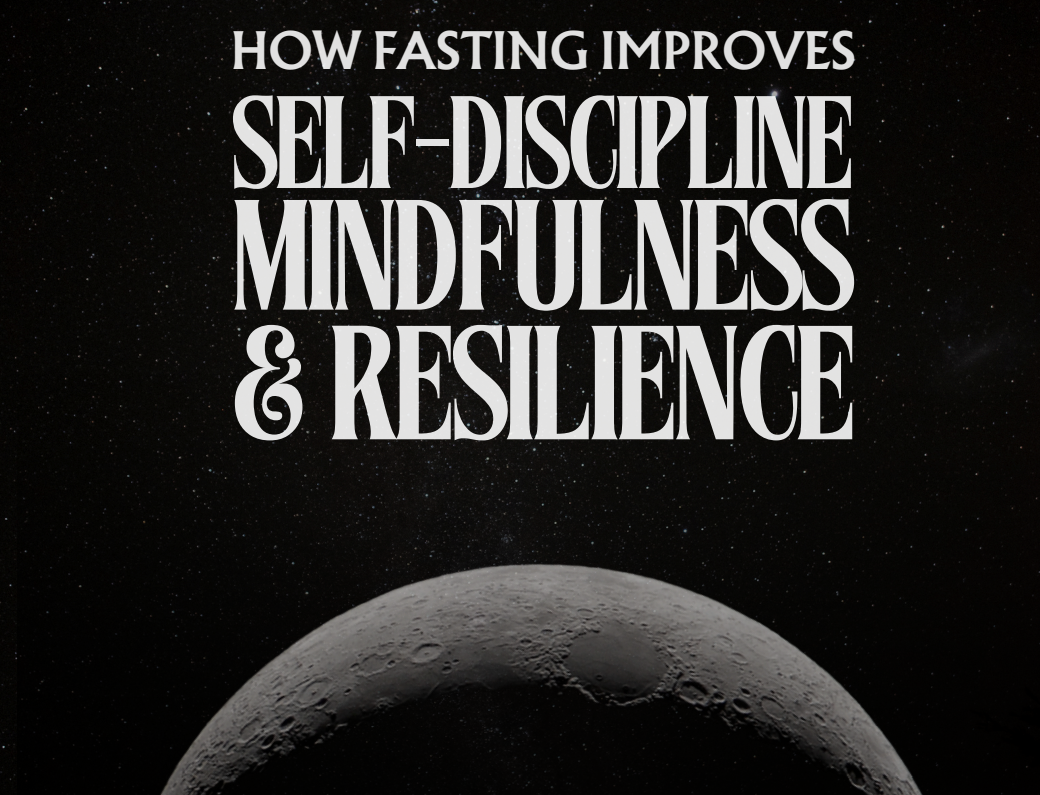Throughout most of the year, we are often engrossed in our daily reservations and activities, struggling to prioritize and divert our full attention towards our spirituality and relationship with God. However, the month of Ramadhan offers a golden opportunity for us to focus on just that. Not only do we abstain from eating and drinking throughout the day, but we also abstain from vain talk and activities that bring us away from God. But why is fasting specifically prescribed during this month and what benefits does it have for our well-being?
In this regard, the Holy Quran contains a simple yet comprehensive answer:

O Children of Adam (mankind)! Look to your adornment at every time and place of worship, and eat and drink but exceed not the bounds; surely, He does not love those who exceed the bounds’
Even excluding the month of Ramadhan, we are told to regulate our food and drink consumption and adopt a lifestyle of moderacy. At first glance, the reason for this command might seem surface-level; we shouldn’t over-consume so that we don’t become overweight. And although this is true, this verse also reveals a deep philosophy regarding the correlation between one’s physical habits and one’s spiritual condition. The Promised Messiah (as) has shed light on this matter in his book titled The Philosophy of the Teachings of Islam, wherein he states:
“…According to the Holy Quran the natural state of man has a very strong relationship with his moral and spiritual states, so much so that even a person’s manner of eating and drinking affects his moral and spiritual states…For instance, careful observation would disclose that people who refrain altogether from eating meat gradually suffer a decline of the faculty of bravery…Conversely those who are given to a diet consisting mainly of meat and eat very little of greens suffer a decline of meekness and humility. Those who adopt the middle course develop both types of moral qualities”
(The Philosophy of the Teachings of Islam, pg. 9-10)
And so, when we cut off eating and drinking to a greater degree during this one month, we become more naturally inclined to spiritually improving ourselves through worship and remembrance of God. In turn, we begin to develop self-discipline. In contrast, one who indulges much in food and drink would naturally exhibit laziness in this regard.
In addition to this comprehensive teaching, fasting gives us a chance to observe our habits with more clarity and time. This is because our attention diverts from food and drink, thereby giving us a chance to adopt good habits and abandon practices that are harmful to our wellbeing. It is a wellproven fact that generally, a bad habit will take about 28 days to give up. It is for this reason that the month of Ramadhan offers an excellent opportunity for us to put this into practice. The Holy Quran also sheds light on how to overcome harmful habits when it states:

‘Surely, good works drive away evil works. This is a reminder for those who would remember’
(Surah Hud Verse 115)
Therefore, the most sound method to overcome bad habits is to divert one’s attention to performing good deeds, and in turn one, will begin to enjoy performing good deeds and adopting a sense of resilience in one’s life. The month of Ramadhan is a month specifically for focusing on just that.
Making the most out of the various benefits that fasting has to offer for our body, mind, and spirit is our ultimate goal during the month of Ramadhan. However, if we revert back to our old ways after, there was ultimately no benefit derived from this month. The most effective way to experience long-lasting effects is to continue the practice of fasting beyond Ramadhan. It is only then that we can say that we truly achieved what is expected of us.
“Insofar as I am concerned, I do not leave a fast unless it is likely to cause my death; I don’t feel inclined to leave a fast. These are blessed days and are the days of the showerings of God’s blessings and mercy”
HAZRAT MASIH MA’UD(AS)




